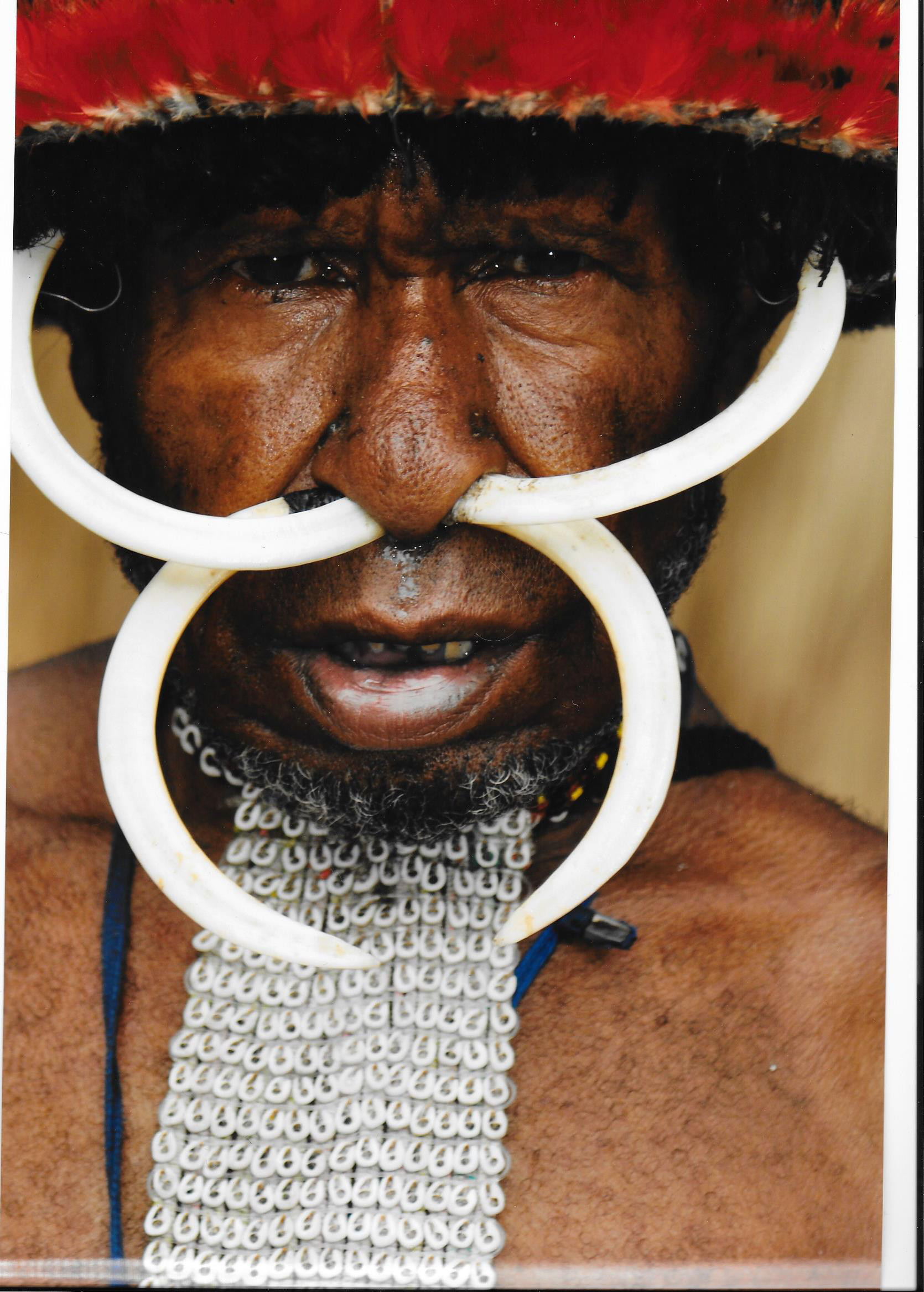On the Border at Papua New Guinea
Papuans' Struggles with Indonesia Continue
I arrived in Vanimo a small frontier town located on the border of Papua New Guinea and West Papua. I was there to document the lives of West Papuans who fled their homeland for safety. As I walked the dirt streets of this poverty-stricken town, locals were selling their vegetables and fruit, their faces worn and distraught from years of neglect. Most are unable to squeak out a living due to a government filled with corruption and disregard. Most people who are familiar with PNG consider it a failed state. A place whose political or economic system has become so weak that the government is no longer in control.
In 2006, 43 West Papuan asylum seekers arrived in Australia by boat. The group accuse the Indonesian military of conducting rape, torture, and killing in their homeland. The 36 adults and 7 children spent five days at sea in a traditional outrigger. The journey was harrowing. Many of the 43 have found new lives scattered throughout the globe.
I spoke to one, a few years back who was attending college. “That was another time in my journey. One which I will never forget. But I’m forging ahead with my life and plan on getting married soon. I ask that you leave my name anonymous as well as my story. Please understand.”
And his story was amazing but I have heard many like it through the years (35 to be exact) of human rights work in West Papua. Stories of bravery and and dignity that stretch beyond ones imagination.
According to Amnesty international, 10,400 West Papuans currently live in PNG and up to 150 living in exile overseas. The more than 7,000 living in border camps are not recognized as refugees and therefore are not receiving medical assistance
After finding a border camp 30 minutes from the main road, tucked away in the clearing of a jungle canopy, I spoke to a West Papuan. “I have been here three years now with my wife and child. We left because I’m a freedom fighter and our lives were at risk. Life is not easy here. We are in constant disarray living on a foreign land and being treated as such.”

For years West Papua remained a Dutch colony. In the early 1960s Holland was preparing to give this remote land independence. However Indonesia had different thoughts. Indonesia wanted Papua to become their 26th province. As a result the U.S. and Holland brokered a deal called the “New York agreement.” Long story short West Papua was handed over to Indonesia. Sixty years later and some 200.000 indigenous deaths, Papua still remains part of Indonesia. The climate is heated. Papuan rebel groups battle the Indonesian military and police on a daily basis. It’s a civil war which has affected nearly all of the 2 million Papuans who call this land their home.
Without the intervention of the U.S. the history of West Papua might have been very different. The power of the U.S. too often has been used to protect multinational business interests and local elites. As a consequence Papuans are fleeing their homeland looking for refugee status in such areas as Australia and PNG.
My goal in contacting refugees in Vanimo failed. One elder West Papuan told me my presence created too much fear. I was stirring the pot which could potentially create a whole set of new problems for a people already in distress.
People throughout the world are seeking refugee status. From Central America to the Middle East. There is a hope that a better life exists. And a dream that burns in the souls of so many.



